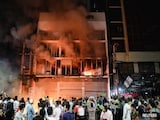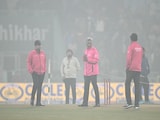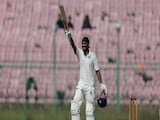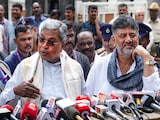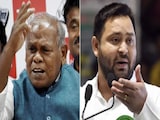Outgoing Supreme Court Chief Justice Dipak Misra in his farewell speech today shared a brief recap of his experiences during his eventful stint as the head of the country's highest court.
The Supreme Court is the strongest institution standing tall in the face of attacks, he said, in a reference that many were likely to see as a nod to his turbulent tenure that saw an unprecedented rebellion by four senior-most judges earlier this year. He also said that justice had to be insulated from "disruptive forces".
Before he took the mic at the farewell event in New Delhi, Chief Justice-designate Justice Ranjan Gogoi, one of the judges who had criticised the Chief Justice in January for misusing his role as "master of the roster", credited his predecessor for presiding over some of the most difficult cases the Supreme Court has seen.
"History can be sometimes kind and unkind. I don't judge people by their history but by their activities, perspective," Chief Justice Misra said.
"I am indebted to the Bar at every level and go from here with satisfaction. In my whole career as a judge, I have never dissociated myself from the lady of equity," said Chief Justice Misra, who was appointed Supreme Court Chief Justice in August last year.
He has presided over key cases including the Aadhaar debate and decriminalising homosexuality. Last week, a five-judge constitution bench headed by Chief Justice Misra ended the ban on entry of women of menstrual age into Sabarimala temple in Kerala.
Eight months into his stint as the top judge at the Supreme Court, Chief Justice Misra faced a major challenge when the Congress sought to impeach him; the move was blocked by Vice President Venkaiah Naidu. The Congress's attempt was criticised by top jurists including Fali Nariman, who said it would set a dangerous precedent -- for example, the ruling party could attempt to remove a Chief Justice if it doesn't agree with his decisions.



